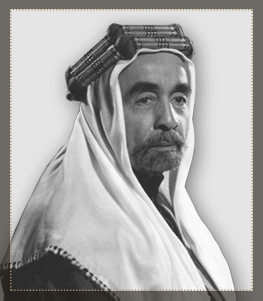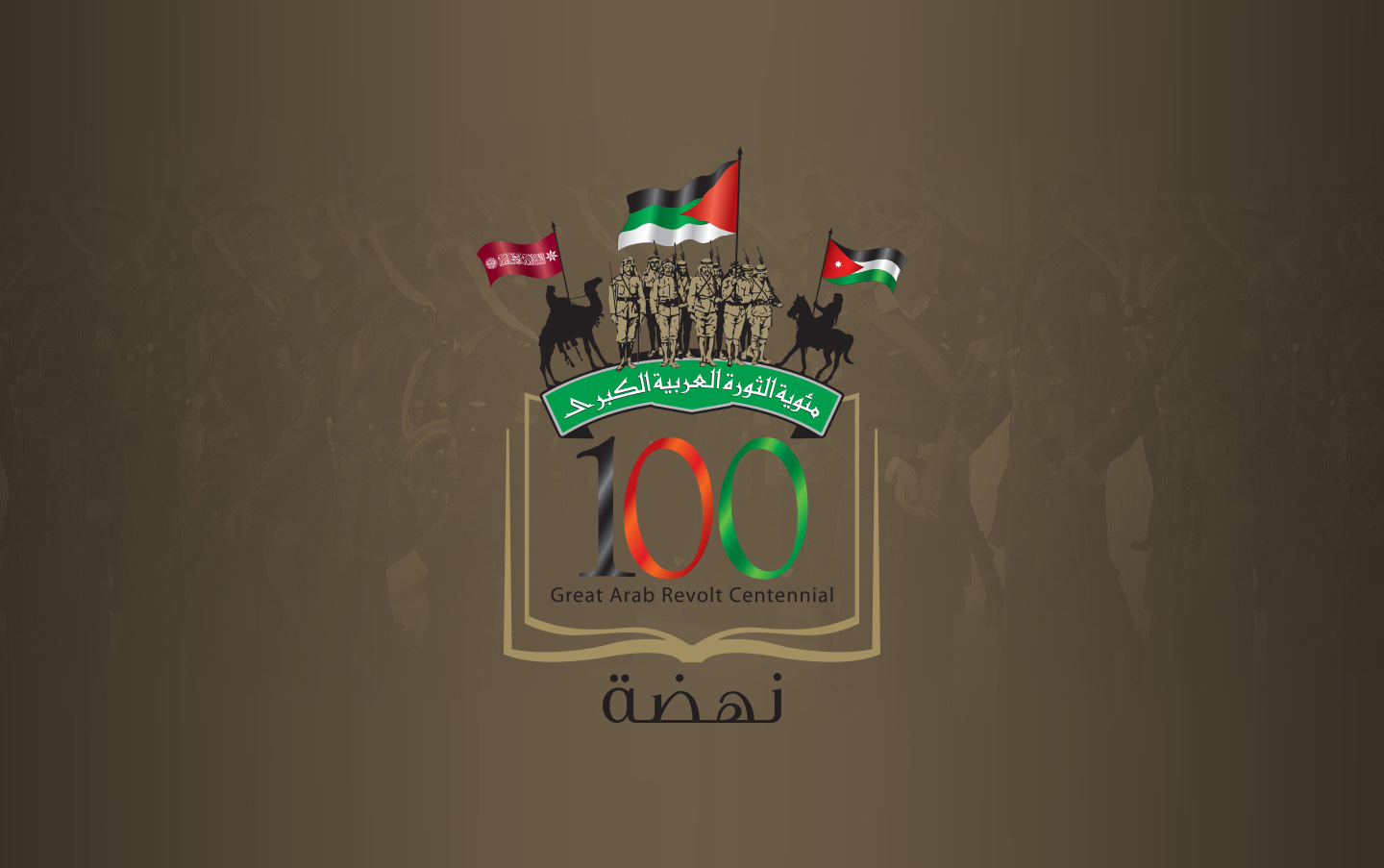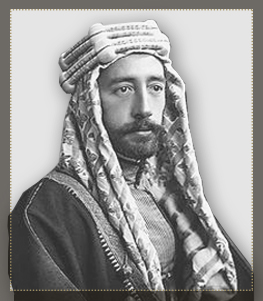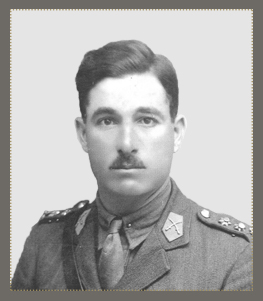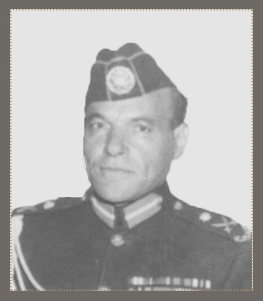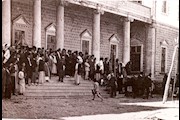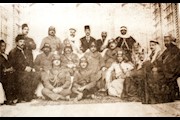Once Prince Faisal was proclaimed King, the Arab flag was hoisted in Damascus at the Marja Square, which had — four years earlier — witnessed the decision to execute the free Arabs, a move that instigated the Revolt.
In the wake of these events, Iraqis proclaimed Prince Abdullah as King of Iraq, but the Allies refused that and the League of Nations issued a decision imposing the French mandate on Syria and Lebanon, and the British mandate on Jordan, Palestine and Iraq. The decision was the seed of an uprising in Iraq that came to be known as the Revolution of the Twenties.
Maysaloun Battle 24 July 1920
Upon the declaration of the Syrian Kingdom, French General Gouraud issued a warning to Prince Faisal and the Arab Army demanding that they turn over the railway to the French authorities, disband the army, surrender Damascus and accept the French currency.
The Prince and the Arab revolutionaries refused these terms; the Arab Army and Syrian nationalists gathered forces to support the Prince and defend the country, with young and elderly people joining the battlefield on Maysaloun. The Arab Army lacked tanks, airplanes and heavy equipment, but it did not retreat; it clashed with the French forces on 24 July 1920, led by Yousef Athmeh, in a disproportionate battle that involved French planes, tanks and heavy artillery. Despite the fighters’ valiant efforts, the French forces were able to defeat them, with Athmeh and many Arab Army personnel and Syrian revolutionaries falling martyrs.
Beyond Maysaloun
The defeat at Maysaloun did not lower morale. Free Syrians requested the help of Sharif Hussein in getting rid of the French occupation. The Sharif sent his son Prince Abdullah to lead the uprising against the French. Upon his arrival in Maan in late 1920, the Prince started working to establish a military force of 250 soldiers and 25 officers, which later became the nucleus for the Jordanian Arab Army.
